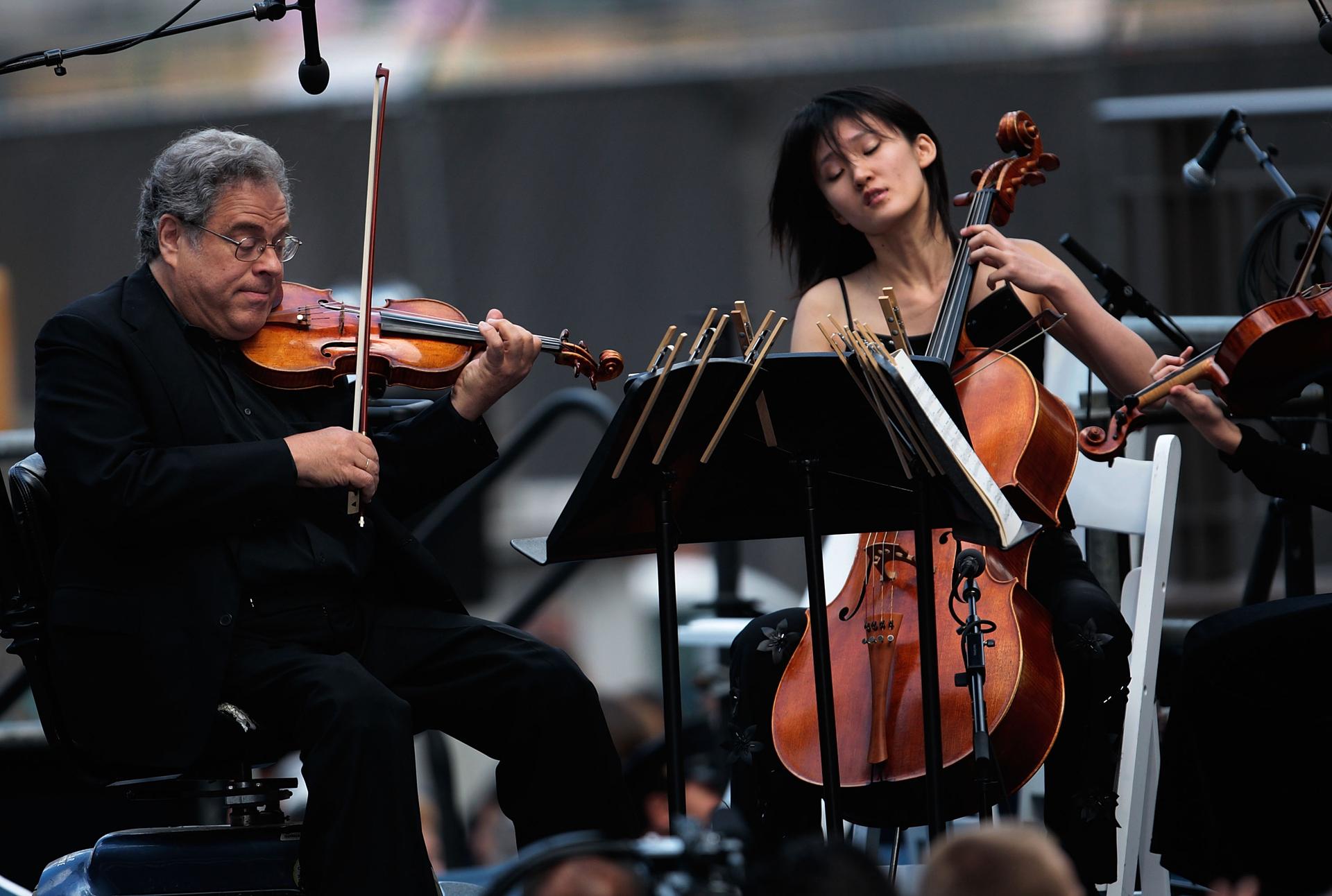Classical music helps heart transplant patients recovery
Japanse scientists have found that classical music may reduce the rejection of heart transplants in patients.
Scientists have discovered that classical music may reduce the rejection of heart transplants in patients.
A team of Japanese researchers led by Masateru Uchiyama of Juntendo University Hospital in Tokyo, found that mice that were exposed to opera and classical music after undergoing mismatched heart transplants had better outcomes than those exposed to other sounds, reported Scientific American.
A mismatched organ typically gets rejected by the body.
According to the New Scientist, mice were played Verdi's opera La Traviata, Mozart's concertos, music by Enya, or single monotones.
Mice that listened to opera for a week after their surgery fared best, surviving an average of 26 days, while those who listened to Mozart survived an average of 20 days.
The Enya listeners last 11 days, while the group listening to monotones last only a week.
One explanation is that classical music generated regulatory cells, which suppress immune system responses, decreasing the chance of organ rejection.
Another explanation is that the music reduced stress among the mice, reported Miller-McCune.
The work was published in the Journal of Cardiothoracic Surgery.
The article you just read is free because dedicated readers and listeners like you chose to support our nonprofit newsroom. Our team works tirelessly to ensure you hear the latest in international, human-centered reporting every weekday. But our work would not be possible without you. We need your help.
Make a gift today to help us reach our $25,000 goal and keep The World going strong. Every gift will get us one step closer.
